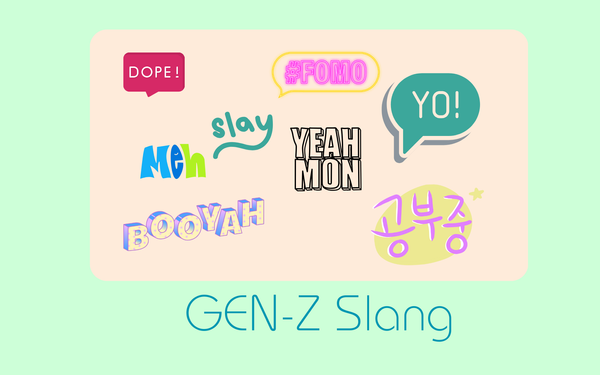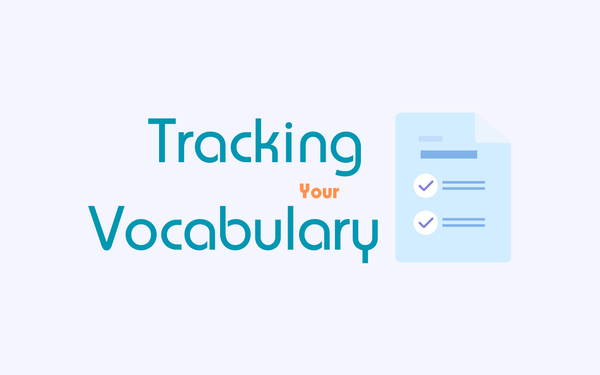Dictionaries evolution and 2024
Explore the evolution of dictionaries before and in 2024. Understand how dictionaries have changed over time.

Dictionaries have been a valuable resource for centuries, and in 2024, they remain an essential tool for anyone who wants to improve their vocabulary or understanding of language.
With advancements in technology, dictionaries have become even more accessible and convenient to use. Let's explore the role of dictionaries in 2024 and how they are evolving to meet the needs of modern learners.
The first recorded dictionaries date back to ancient civilizations such as Egypt, Greece, and Rome. These early dictionaries were often multilingual, containing translations of words from one language to another.
In the 16th century, monolingual dictionaries started to emerge, which focused on explaining the meanings of words in one language. These dictionaries were used to help standardize language and make communication easier.
Fast forward to 2024, and dictionaries have come a long way since their early beginnings. Modern dictionaries are no longer limited to printed books but can be accessed in various digital formats, such as online dictionaries, mobile apps, and browser extensions. Digital dictionaries have revolutionized the way we access and use dictionaries, making them more convenient and accessible to learners worldwide.
One of the significant benefits of digital dictionaries is their ease of use. Rather than flipping through pages or carrying around a heavy book, learners can access digital dictionaries with just a few clicks on their computer or smartphone.
Online dictionaries such as Oxford, Cambridge, and Merriam-Webster are widely used by students, scholars, and language learners worldwide.
In addition to ease of access, digital dictionaries offer features that printed dictionaries cannot. For example, many online dictionaries offer audio pronunciations, which can be helpful for learners who want to improve their spoken language skills.
Some digital dictionaries also offer interactive features such as quizzes and games, making learning new vocabulary more engaging and enjoyable.
In 2024, dictionaries have evolved to meet the needs of modern learners in other ways too. For instance, with the rise of artificial intelligence and natural language processing, dictionaries have become more sophisticated in their ability to provide accurate and relevant definitions. AI-powered dictionaries can even suggest the most appropriate definition for a word based on the context in which it is used.
Moreover, many dictionaries in 2024 are available in multiple languages, making them useful for language learners who want to improve their proficiency in a particular language.
In addition, some digital dictionaries have features that allow users to translate phrases and sentences, making it easier for learners to understand complex texts.
Another significant development in the world of dictionaries in 2024 is the rise of collaborative dictionaries. These are dictionaries that are built collaboratively by users rather than by experts alone. Collaborative dictionaries allow users to contribute new words, definitions, and examples of usage, making them more relevant and up-to-date.
In addition to collaborative dictionaries, there are also specialized dictionaries that cater to specific fields and industries. For example, medical dictionaries are used by healthcare professionals to understand medical terminology, while legal dictionaries are used by lawyers and law students to understand legal jargon.
Specialized dictionaries can be extremely helpful for learners who need to understand complex and technical terminology in their field.
While digital dictionaries have many advantages over printed dictionaries, they do have their limitations. For example, digital dictionaries require a stable internet connection, which can be a challenge in some parts of the world. Moreover, the quality of definitions can vary depending on the dictionary's source, so it's essential to choose a reputable dictionary that provides accurate and reliable definitions.
In today's digital age, dictionaries have become an essential tool for language learners and enthusiasts alike. With the rise of the internet and online content, it's becoming increasingly common to encounter unfamiliar words while browsing the web.
Fortunately, there are browser extensions like Dictozo that can make looking up and saving definitions a breeze.
- Dictozo simplifies the process of looking up word definitions and translations while browsing the web. By highlighting any word on a webpage and selecting
- Dictozo extension on address bar the extension retrieves the definition from its database and saves it to the user's personal dictionary for future reference. Additionally,
- Its auto-highlighting feature highlights saved words on any other webpage they appear on, saving users time and effort by eliminating the need to search for the same word repeatedly. It also includes a translation feature and customizable categories for organizing saved words and translations. Overall, Dictozo is a valuable tool for enhancing vocabulary and language skills effortlessly.




